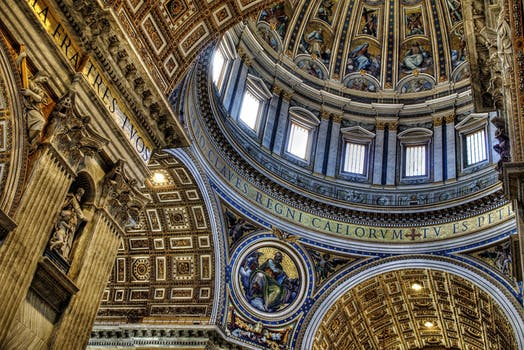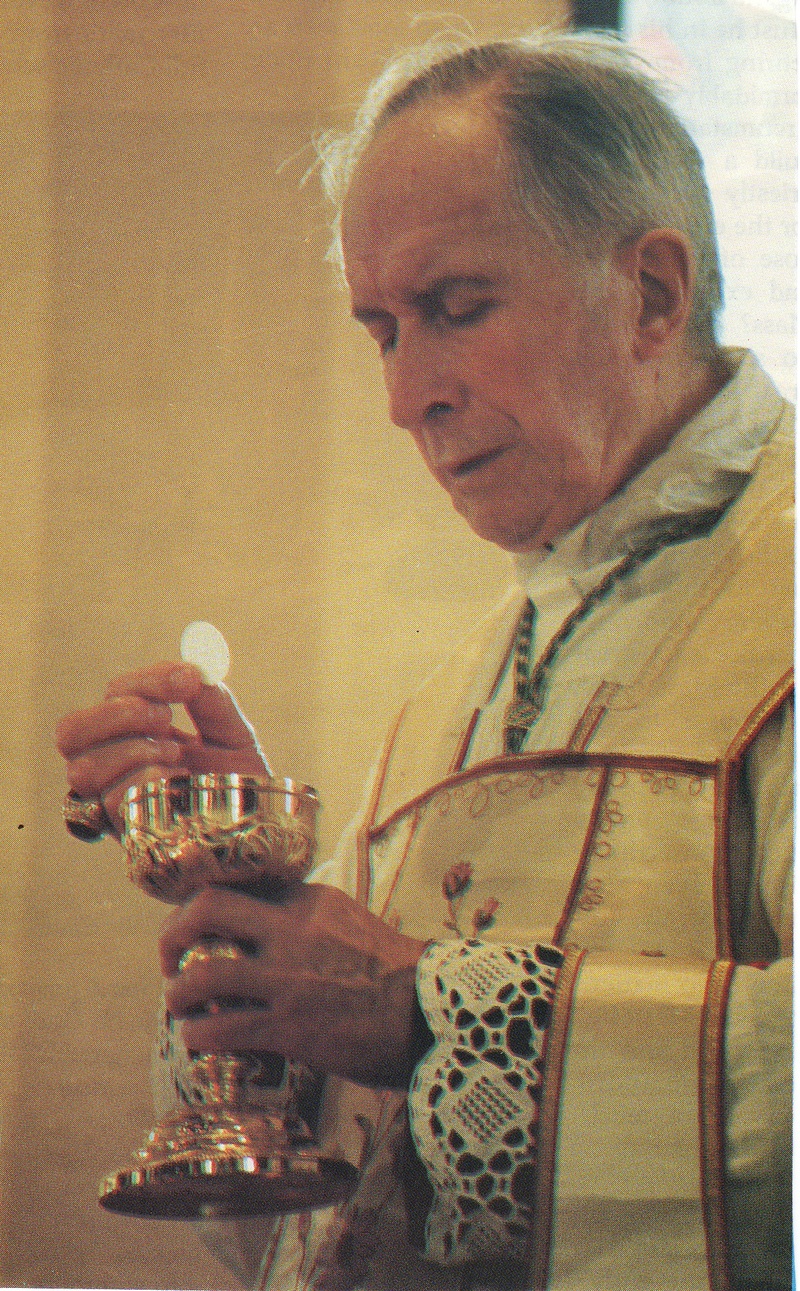
By Monseigneur De Ségur
Dei et Apostolicae Sedis Gratia
Imprimatur
By Archbishop of New York  Michael Augustinus
Michael Augustinus
 There are many people, otherwise good and upright, who live without religion, and resemble pagans in the midst of Christian society; because they have no real knowledge of religion. Having no knowledge of it, or only a very superficial knowledge, they do not appreciate it; having no appreciation of it, they cannot love it; having no love for it, they do not dream of practicing it. There is often a very false idea of religion in the world, and it is in accordance with this idea that it is judged, condemned, and criticized. This is a deplorably thoughtless age, and it is with the intention that you may avoid this common failing that I desire to explain to you briefly this holy and glorious Christian faith.
There are many people, otherwise good and upright, who live without religion, and resemble pagans in the midst of Christian society; because they have no real knowledge of religion. Having no knowledge of it, or only a very superficial knowledge, they do not appreciate it; having no appreciation of it, they cannot love it; having no love for it, they do not dream of practicing it. There is often a very false idea of religion in the world, and it is in accordance with this idea that it is judged, condemned, and criticized. This is a deplorably thoughtless age, and it is with the intention that you may avoid this common failing that I desire to explain to you briefly this holy and glorious Christian faith.
Religion is that bond by which God is united to His creature, and the creature to his God. Religion is that sacred and necessary science which teaches us what God is, what He has done for us; what we are, what we must do for God; what life is, and what awaits us when life is ended. 
There is one true religion, because there is one true God.
There is only one, because there is only one true God; and to know Him, to love Him, and to serve Him constitutes religion; and this one true religion is the Christian or Catholic religion, in which you and I have had the happiness to be born. It is called Christian, because the divine center of all its mysteries is Jesus Christ, the Son of God made man; Catholic, which means Universal, because it embraces all times, all people, and all places.
Religion, considered as a whole, may be classed under three great divisions: The first contains the truths that we must believe, because God has revealed them to us; the second contains the duties that we must practice, shows forth virtue and vice, and is called Christian morality; the third contains those means of sanctification and salvation which God presents to us, treats of the sacraments, of prayer, and of Divine worship.
The first part of these instructions is addressed more especially to the intellect; the second to the heart; and the third to the emotions: that is to say, to the soul in all its relations with the world around us.
 An explanation of the Credo, or the Apostles’ Creed, constitutes the first part; an explanation of the Commandments of God and the Church constitutes the second; an explanation of the Seven Sacraments, the Lord’s Prayer, the Angelic Salutation, and religious ceremonies constitute the third.
An explanation of the Credo, or the Apostles’ Creed, constitutes the first part; an explanation of the Commandments of God and the Church constitutes the second; an explanation of the Seven Sacraments, the Lord’s Prayer, the Angelic Salutation, and religious ceremonies constitute the third.
To be continued…..
